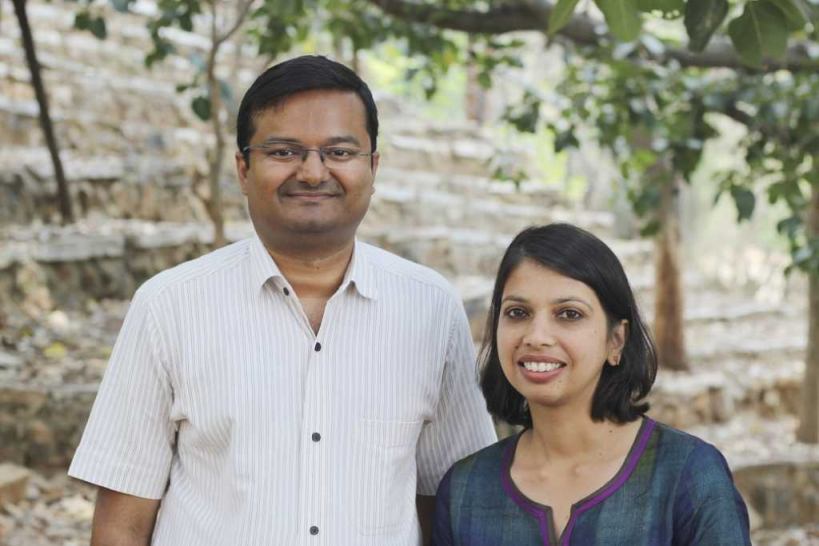Address
304 North Cardinal St.
Dorchester Center, MA 02124
Work Hours
Monday to Friday: 7AM - 7PM
Weekend: 10AM - 5PM

Founded in 2008 by Ramakrishna NK and Smita Ramkrishna, Rang De is an internet-based peer-to-peer micro-lending website, empowering individuals to lend to rural entrepreneurs across the country. As India’s pioneering and only peer to peer lending platform focused on providing timely and affordable credit to unbanked communities, the founding duo has created a revolutionary model for financial inclusion.
The inspiration behind Rang De stems from Smita and Ram’s shared vision of creating systemic change through social investing. During their time in Oxford, UK, Smita and Ram were struck by the stark contrast between the developed and developing world, inspiring the idea of creating a platform where individuals could invest directly in fellow Indians.
The P2P platform’s journey started in 2006 when Muhammed Yunus won the Nobel Prize for the work he had done with Grameen Bank. From an India perspective, the founders realised there was already a lot of microfinance in the country, but the interest rates were exorbitant.
They found that poverty lay at the root of most social issues and that addressing it through economic empowerment was key to driving meaningful, systemic change. Rang De’s innovative peer-to-peer lending platform, launched in 2008, addressed the gap for affordable credit by offering low cost, customised credit thus enabling first-time borrowers to access formal credit.
In 2006, he won the Nobel Peace Prize for doing the impossible – Providing micro-credit to poor people without collateral and making it a sustainable social business. The Committee responded – “In the history of the world, there is enough evidence to suggest that wherever there is no poverty, there is peace.” This statement firmed up their decision to work for microcredit in India.
Rang De has been able to reach out to 65,000 entrepreneurs with credit at really affordable interest rates, and has helped them build sustainable livelihoods and create jobs. Over 15,000 individuals have lent Rs 80 crore through the platform.
Social investors can begin by lending as low as INR 100 through the Rang De platform. It partners with non-governmental organisations and micro-lending institutions to screen borrowers at the grassroots level. The platform keeps track of disbursements and returns, which the investor can withdraw or reinvest.
Rang De was supported by ICICI Foundation and Tata Trusts until 2017 and raised more than INR 80 crores from 15,000+ individuals and disbursed it to 65,000 low-income households. In 2019, the new platform, RangDe.in was launched, a Non-Banking Financial Company (NBFC P2P), to become the first RBI regulated social peer-to-peer lending platform in India.
The pivot from a non-profit organization to a regulated P2P NBFC marked a significant evolution in their business model, allowing them to scale their impact while maintaining regulatory compliance.
“Rang De has a unique model of working with mate associations( that are involved in livelihood development) and together we make support systems for borrowers that insure high prepayment rates of over to 95 and lowers the threat taken by lenders,” explained co-founder Smita Ram.
Unlike in traditional charity, social investing enables their social investors to redeploy the repayments they receive, thus creating an infinite loop of impact. This sustainable model differentiates Rang De from conventional microfinance institutions.
The ideal is to help ameliorate fiscal addition and enable micro-entrepreneurs more their credit scores. We see credit as that financial opportunity that could help people overcome poverty. A big step to help India become a developed country.
Since the pivot in 2019, it has expended further than Rs 47 crore to entrepreneurs, growers, crafters, and others through thousands of loans, demonstrating the scalable impact of their peer-to-peer lending model.
Ramakrishna NK and Smita Ramakrishna have pioneered a new category in fintech that combines social impact with financial returns. Their work in peer-to-peer lending for rural entrepreneurs has created a sustainable model for financial inclusion that continues to inspire social fintech innovations across India and beyond.